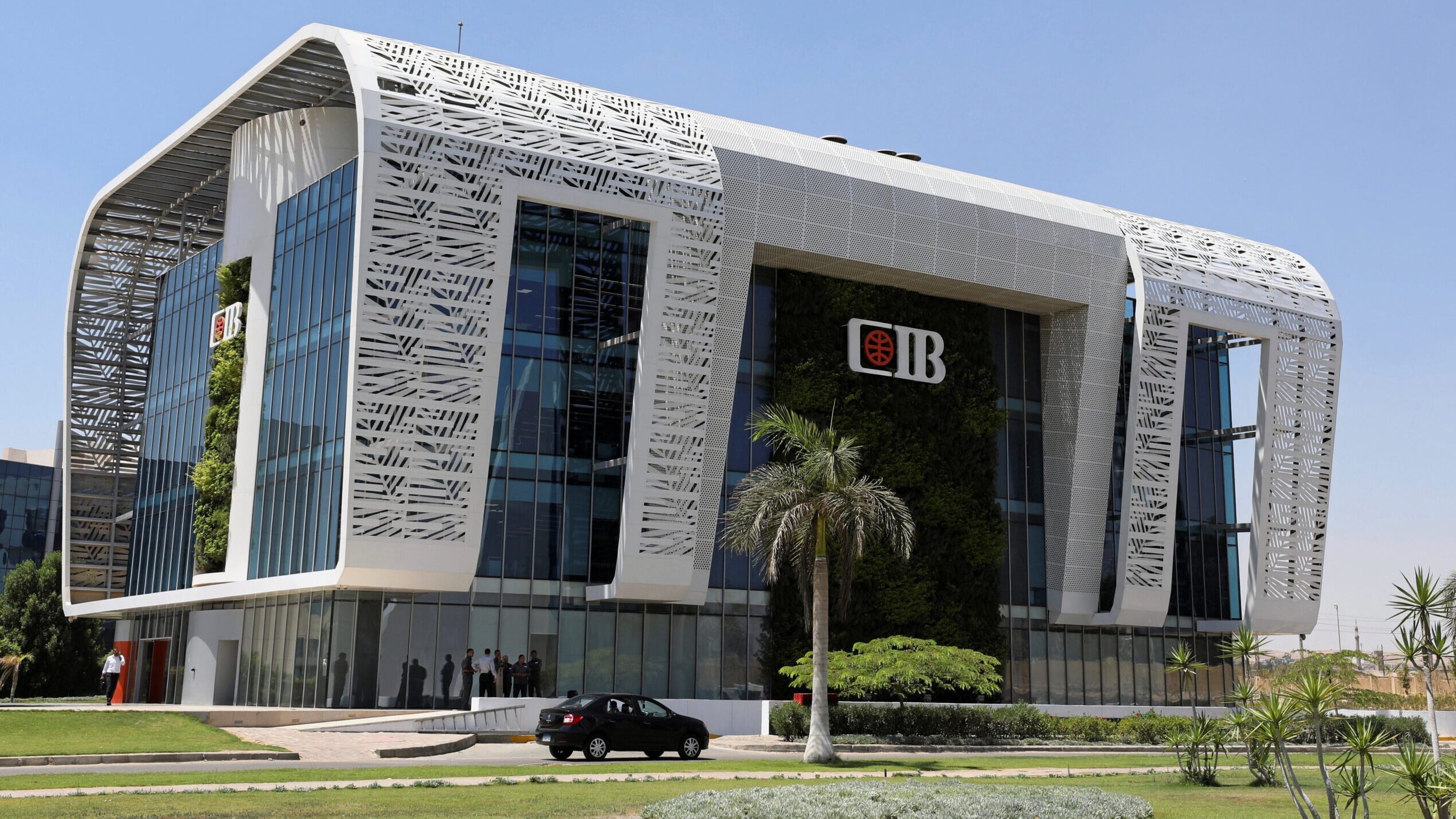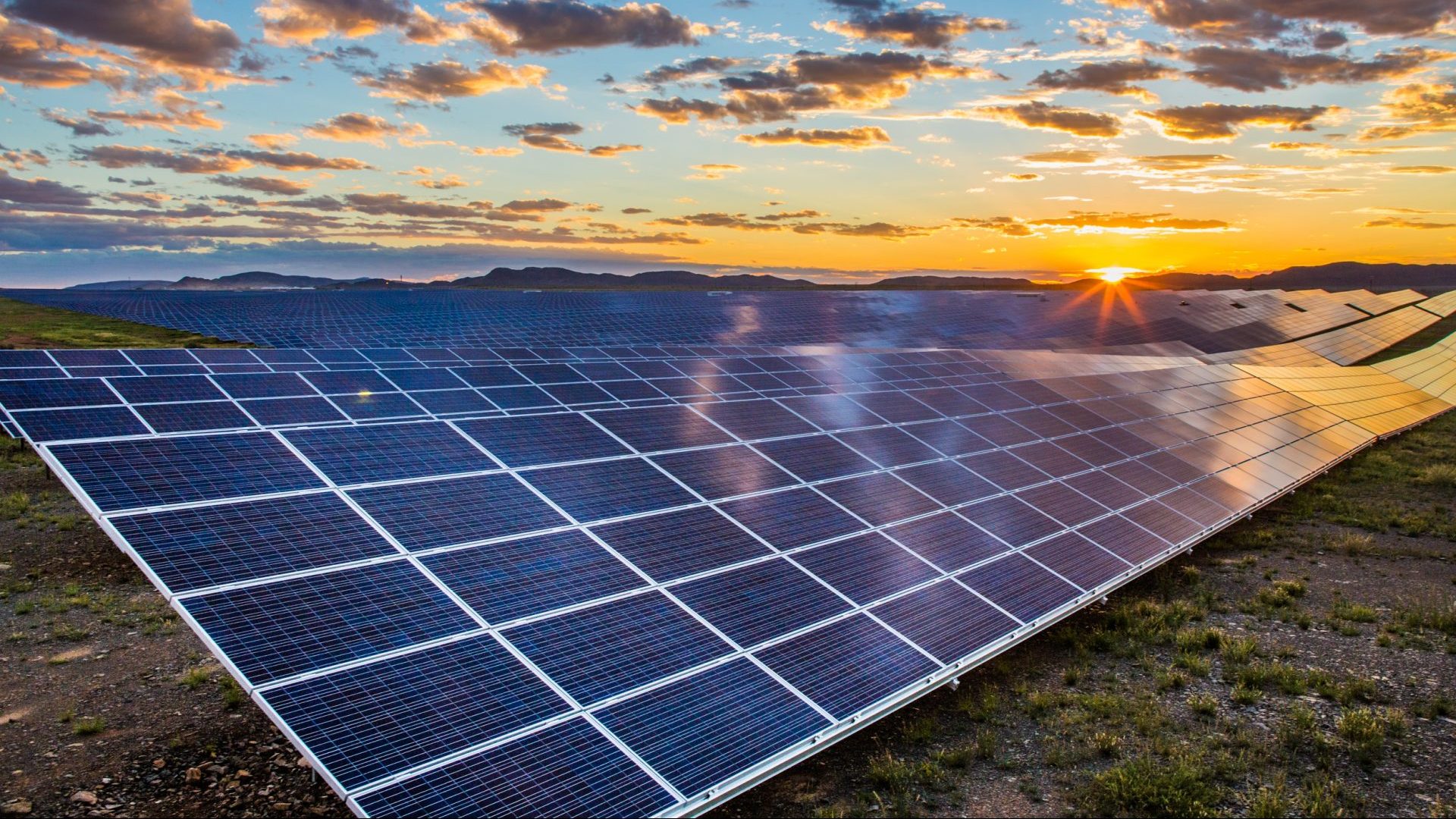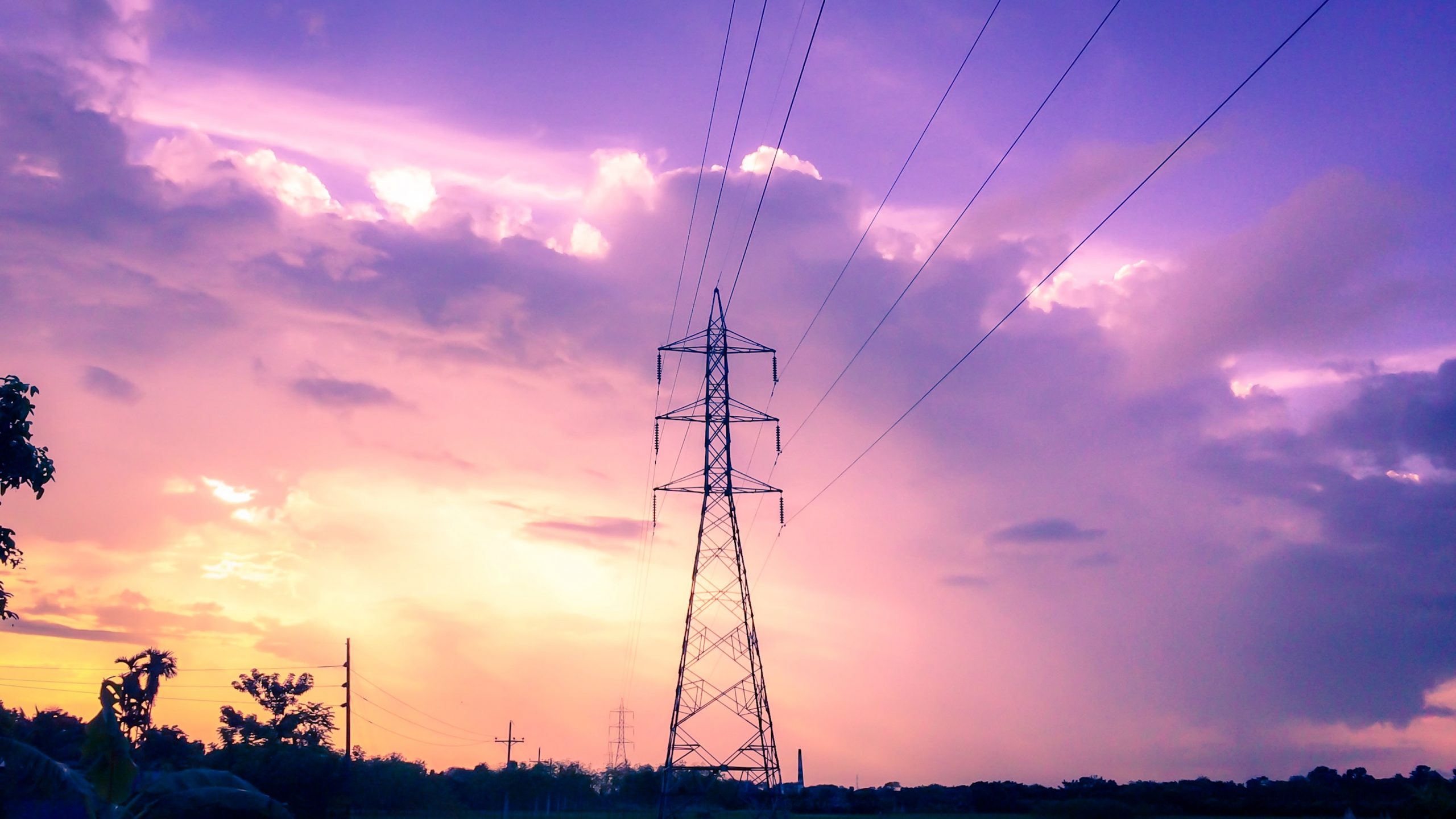Kenya’s mobile phone operator Safaricom has topped the list of Africa’s most valuable brands by market capitalisation, with shareholder wealth peaking at a record high of $14.14 billion in February 2021.
According to a new monthly survey by analysts at AfricanFinancials Group, Safaricom, which is listed on the Nairobi Securities Exchange (NSE), floored West African corporate giants such as Dangote Cement ($9.1 billion), MTN Nigeria ($8.6 billion), BUA Cement (Nigeria, $5.92 billion) and Airtel Africa ($4.18 billion), which took the second, third, fourth and fifth positions respectively.
In a report titled Sub-Saharan Top 30 Equity Valuation, the analysts show that eight East African listed firms, largely from Kenya and Tanzania, made it to the list of sub-Saharan Africa’s most valuable brands.
The firms are Safaricom ($14.14 billion), Tanzanian Breweries ($1.38 billion), Equity Bank ($1.27 billion), East African Breweries Ltd ($1.19 billion), KCB ($1.13 billion), Vodacom Tanzania ($744 million), Tanzania Cigarette ($733 million) and Co-operative Bank ($689 million).
According to the report, dated March 8, 2021, Safaricom’s return on equity (ROE) for the 12-month period to February 2021 stood at 49.6 per cent, followed by Tanzanian Breweries (26 per cent), Tanzania Cigarette ( 24.7 per cent), Equity Bank (15.1 per cent), Co-operative Bank (14.9 per cent), East African Breweries Ltd (11 per cent), KCB (10.7 per cent) and Vodacom Tanzania (negative 0.1 per cent).
In sub-Saharan Africa, with the exception of South Africa, MTN Nigeria has the highest ROE at 98.3 per cent followed by Nestle Nigeria (93.5 per cent), Safaricom (49.6 per cent), MTN Ghana (41.8 per cent) and Dangote Cement (34.5 per cent).
The report notes that Safaricom stock (in dollar terms) has increased by 578 per cent in the past 10 years, followed by Tanzania Cigarette (392 per cent), Tanzania Breweries (296 per cent), Ireland Blyth (118 per cent), BUA Cement (91 per cent), Nestle Nigeria (41 per cent) and KCB (16 per cent).
The total market capitalisation of the top 30 companies for February 2021 fell 4.4 per cent to $76 billion, and down 0.2 per cent year-to-date.
Meanwhile, the SSA stockmarkets, with the exception of South Africa, turned negative in February, falling by 2.7 per cent, with Nigeria dropping by 10 per cent.
The Kenyan stockmarket rose by 6.6 per cent, while that of Ghana and BRVM rose by 9.5 per cent and 3.5 per cent, respectively.
Dividend yields have fallen back from multi-year highs as markets have risen. Some companies have reduced or passed their dividends in response to the Covid-19 pandemic.
The report also indicated that SSA (except South Africa) stockmarkets indices in dollar terms have been lifted by the recovery in Nigeria, but are still at support levels going back to 2004.
The Capital Markets Authority of Uganda, through its Capital Markets Industry report for the 2019/2020 financial year, shows that East African stockmarket investors, save Tanzania, lost $1.78 billion in the 12-months to June 30, 2020, as the exit of foreign investors largely impacted by the pandemic triggered large declines in share prices of domestically-listed firms.
According to the report, regional stockmarkets are likely to come under pressure from muted participation by domestic and off-shore investors due to the economic uncertainty generated by the pandemic.
“It is too early to tell whether there will be a significant reduction in investor funds being professionally managed by CMA-licensed investment firms. However, during uncertain economic times like these, investors usually seek to preserve their savings and capital, hence turn to assets like collective investment schemes (CIS) and fixed income instruments such as government securities,” the report states.
It shows that Kenyan investors were hit hardest in the 2019/2020 financial year, losing $1.6 billion on the NSE, followed by Uganda, at $170 million, and Rwanda at $10 million.
Investors on the Dar es Salaam Stock Exchange gained marginally, with the domestic market capitalisation going up by $40 million due to a gain in share prices of domestically-listed firms CRDB, Vodacom and Tanzania Portland Cement Company.
Domestic market capitalisation at the NSE declined by 7.7 per cent to $19.7 billion, from $21.3 billion in the period under review, largely due to a fall in share prices as offshore investors exited owing to the pandemic, the report.
Market capitalisation at the Rwanda Stock Exchange fell by 3.1 per cent to $330 million, from $340 million, driven by a drop in the share prices of the Bank of Kigali and Rwanda’s beer and soft drinks manufacturer Bralirwa.
SOURCE: The East African

Ethiopia has cleared the way for Safaricom to introduce M-Pesa in the market of 110 million people after deciding to include the ...

Egyptian largest private sector bank by assets Commercial International Bank (CIB) is seeking to acquire more banks to strengthen ...

The European Investment Bank and International Solar Alliance have published a study outlining access solutions to overcome key ...

Kenya has been ranked the top country in the world in reducing population with no access to electricity, pointing to the impact ...